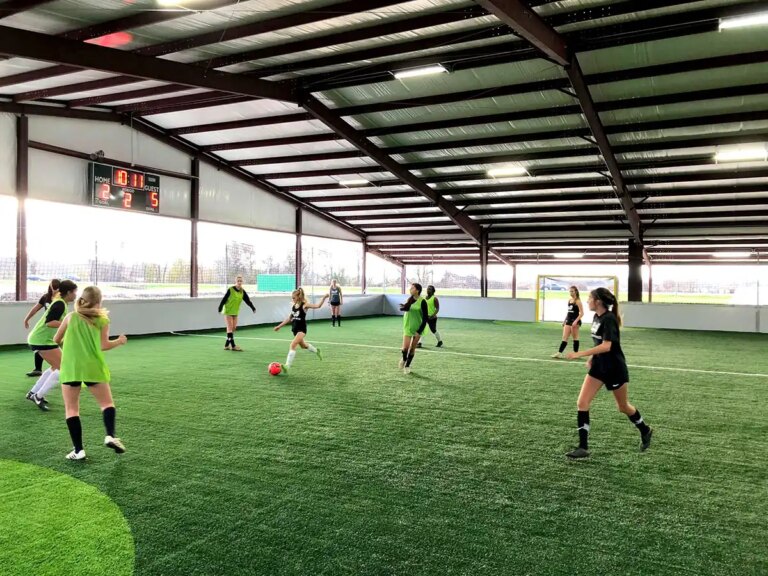According to the FIFA Football Agent Regulations, a Football Agent is any person licensed by FIFA to perform Football Agent Services for a client (a member association, club, player, coach or single-entity league). These services include any negotiation, communication relating to a negotiation, or any other activity to conclude
- the employment, registration or deregistration of a player with a club or a single entity league
- the employment of a coach with a club, single-entity league or a member association
- the transfer of a player’s registration from one club to another; or
- the creation, termination or variation of an individual’s terms of employment.
According to FIFA, only individuals licensed as agents can provide these services. However, what happens after one becomes an agent? This is what this article focuses on, and it will elucidate that by covering certain subjects – Representation, Representation of Minors, Service Fee, Service Fee Cap, and Obligations.
It is however, advised that you check our previous posts on “How to Become a Football Agent: Questions and Answers” and “Step-by-Step Guide to Becoming a FIFA Football Agent” before delving into this article.
Representation
Before an agent can provide services to a client, there must be a written Representation Agreement signed by both parties. This agreement cannot exceed two years if the client is a player or coach, and the agent can only have one representation agreement with the same individual at a time. However, a Representation Agreement has no duration when the client is a club, member association, or Single-Entity League. The agent can also have multiple agreements with the same club, member association or single-entity league as long as they are for different transactions.
An agent is bound by law to advise, in writing, the prospective client to seek independent legal advice concerning the Representation Agreement. He is also bound to collect a written confirmation of the decision to take independent legal advice from the said client. It is worthy to state at this point that to be valid, a Representation Agreement must at least contain the following.
- Names of the parties
- The duration of the agreement (if applicable)
- The type of service to be provided, as well as the amount of service fee to be charged.
- Parties’ signatures
Also, interested parties can request a template of a recommended standard Representation Agreement from FIFA via the FIFA Legal and Compliance page on Agents
Whilst a football agent can only represent one party in a transaction, there are circumstances where they can represent both an Individual and an Engaging Entity with prior written consent from both. They cannot, however, represent the following persons in the same transaction.
- A Releasing Entity and Individual – This means that an agent can not represent a club or member association a player/coach is leaving and that same player/coach in the same transaction.
- A Releasing Entity and Engaging Entity – An agent can not represent a club or member association a player/coach is leaving and the club or member association that engages the same player/coach in the same transaction.
- All parties within the same transaction
This is to limit conflict of interest and protect clients from any unethical behaviour of agents.
Similarly, when an agent is connected to another agent through employment in the same Agency, ownership of the same Agency, family (marriage partners, siblings, parents), or repeated collaboration in providing services or sharing profits, they can not represent different clients in the same transaction unless they get prior written consent from both parties who must be an Individual and an Engaging Entity.
Working with Minors
An agent can only approach a minor (someone less than 18 years old) or their legal guardian to provide football agent services within six months of the minor being eligible to sign their first professional contract. He requires written consent from the minor’s legal guardian before the approach.
He can also only represent a minor provided that he has completed a CPD course on minors and complied with the laws governing the territory the minor will be employed.
As FIFA takes the protection of minors very seriously, a violation of the rule on the approach of minors usually results in a minimum sanction of a fine and 2- years license suspension.
Service Fee and Service Fee Cap
While an agent’s service fee is usually paid for by the client, the Engaging Entity can sometimes pay the service fee for the client. This only happens when the client’s annual remuneration is under USD 200,000 and as long as it does not affect the agent’s fiduciary duty to the client, exceed the fee agreed upon in the Representation Agreement, or the payment is not deducted from the Individual’s Remuneration.
A Football Agent loses the right to future service fees if the client transfers before the negotiated employment contract expires or terminates their employment contract prematurely without just cause while still being represented by the Agent.
The service fee for a Football Agent is calculated based on the client’s remuneration (in the case of a player, coach or engaging entity) or transfer compensation (in the case of a releasing entity). The service fee ranges from 3-10% depending on the type of client, his remuneration, and how many clients are being represented in the same transaction
Obligations
Naturally, an agent is expected to act in the best interest of their client. However, apart from that, they are expected to adhere to or perform the following
- An agent must not enter into a Representation Agreement with a client already under an exclusive Representation Agreement with another agent, except in the last two months of that agreement.
- He must inform a client of any written offer received
- He must not hold an interest in a club, academy or league.
- He must adhere to eligibility requirements, pay annual fees, and comply with continuing professional development (CPD) requirements
- He must within 14 days, upload the following to the FIFA Platform – Representation Agreements, other agreements with Clients, service fee payments, payments related to agreements other than a Representation Agreement, arrangements with other agents to provide services or share profit, any information impacting eligibility or settlements, settlement agreements
- If a Football Agent operates through an Agency, he must upload the Agency’s ownership structure, shareholder information, number of Football Agents using the Agency, and employee names within 14 days of the first transaction. He must also upload changes to this information within 30 days.
Conclusion
In conclusion, while the agent’s role is extremely important in today’s football industry, there are regulations governing their operation to protect football stakeholders, most especially the players, from being manipulated or taken advantage of. Violation or omission of these regulations leads to sanctions from the FIFA Disciplinary Committee and/or the Ethics Committee. It could be a fine, suspension or loss of license. It is therefore imperative for current agents and even intending agents to constantly familiarize themselves with these regulations. For more information and a detailed analysis of these regulations, you can purchase our course on the FIFA Agents Examination or have a chat with us via https://theballbusiness.com/booking



